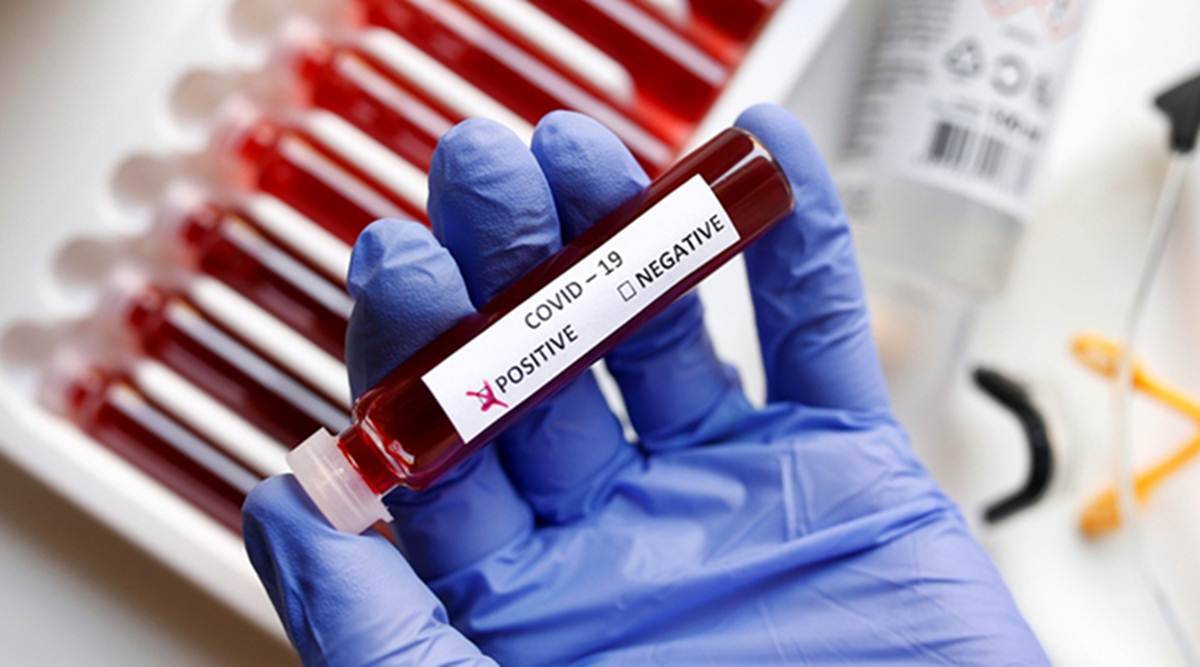
Fructose intolerance is a disease that interferes with the body’s natural fructose digestion process. Fructose is a sugar found mostly in fresh fruits and honey. When the body has fructose intolerance, it is unable to metabolize this sugar. There are two types of fructose intolerance: intestinal fructose intolerance also known as fructose malabsorption and hereditary fructose intolerance (HFI).
Intestinal fructose intolerance is common among the members of society.
Hereby is a brief overview of why fructose intolerance remains a chronic disease.
Fructose intolerance leads to iron deficiency in the body
The proper absorption of nutrients is the key to replenishing the iron stores in the body. Fructose intolerance prevents the small intestines from absorbing these nutrients. These nutrients go unabsorbed leading to a deficiency of iron in the body. The body uses iron to produce hemoglobin which carries oxygen to the entire body. Signs of iron deficiency include general body weakness and pale skin.
Fructose intolerance has no cure
Up to date, scientists have not discovered the cure for fructose intolerance. There is no medication for fructose intolerance hence prevention is required. When you discover you have fructose intolerance, you change your lifestyle and diet. You should limit intake of high fructose foods such as juices, grapes, watermelon, and apples. Have limited quantities of bananas, carrots, and lettuce in your diet. Restrict your intake of sugar to avoid fructose intolerance symptoms such as bloating, diarrhea, vomiting, and hurt burn.
Fructose intolerance affects activities of daily living
Fructose intolerance causes chronic fatigue. This is because the nutrients in foods containing fructose are not converted into energy. Those suffering from fructose intolerance will find it difficult to perform some tasks. They will always feel slow and sluggish.
Fructose intolerance requires constant medical attention
After a patient has been diagnosed with fructose intolerance, medical attention is required to ensure the right diet is taken. Regular medical tests are required to ensure the patient is doing well. The tests are fructose tolerance breath tests. The test requires no blood. During this test, the patient will be required to drink a liquid with fructose levels after that, the levels of hydrogen in the breath will be measured.
Fructose intolerance is an ongoing condition that can recur
Fructose intolerance especially the hereditary one can occur later in life. Since there is no cure or medication for fructose intolerance its recurrence is possible. An appropriate diet will only prevent the development of fructose intolerance symptoms.
Fructose intolerance can cause death
Fructose intolerance can lead to death when diagnosed late. At the late stage, fructose intolerance can lead to heart failure and liver diseases. It causes the deposition of fat in the liver which can lead to fatty liver disease. The deposition of fats in the heart can result in cardiac complications which can result in death.
Wrapping up
In conclusion, fructose intolerance remains chronic since there is no cure. The above article clearly outlines the solid reasons as to why fructose intolerance remains chronic. Scientist and doctors recommend low intake of foods which contains fructose. It is always advisable for the family to carry out a DNA test in the case of hereditary fructose intolerance. One will be able to take the preventive measures available.








